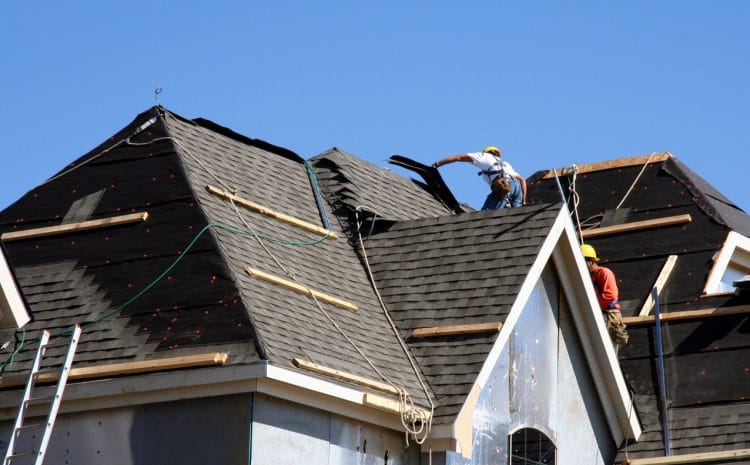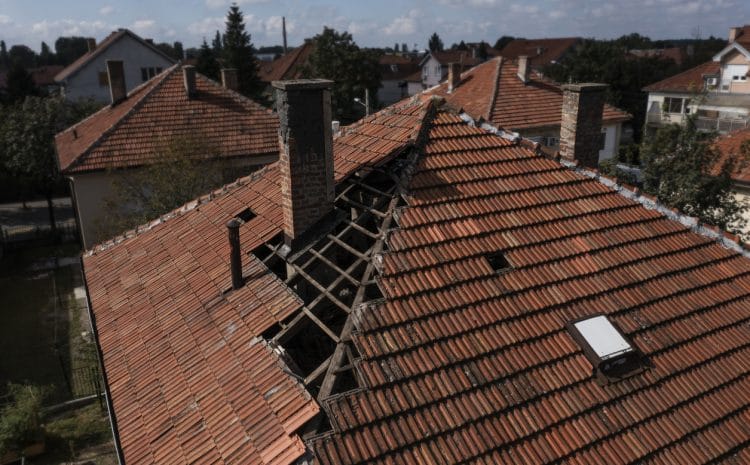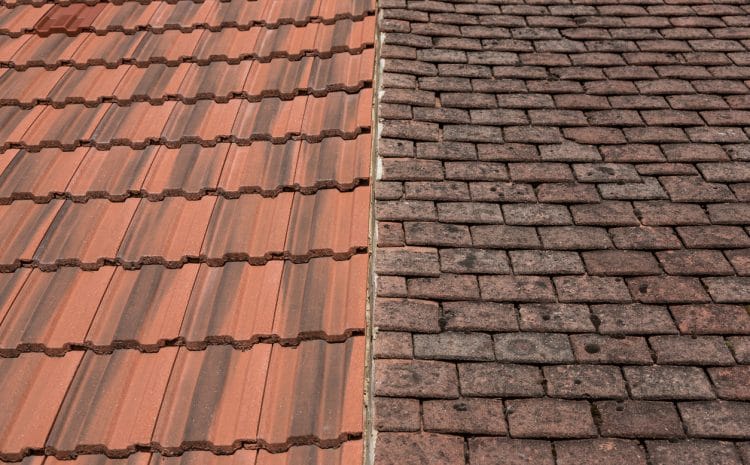How to Choose a Good Commercial Roofing Contractor

Whether you’re managing an office complex, warehouse, or retail space, the roof is one of your most valuable assets. A well-installed and maintained roof protects your investment, enhances energy efficiency, and ensures business continuity. But finding the right professional can be challenging. Understanding how to choose a good commercial roofing contractor can make the difference between a long-lasting roof and costly repairs. In this guide, you’ll learn how to vet potential contractors, what certifications to look for, and which questions to ask before signing a contract.
Why Choosing the Right Commercial Roofing Contractor Matters
Commercial roofs are complex systems that require specialized materials and installation techniques. Unlike residential roofing, commercial projects often involve flat or low-slope designs, drainage systems, and structural considerations that demand professional expertise.
A reliable roofing contractor ensures:
- Proper material selection for your climate and building type.
- Compliance with building codes and manufacturer warranties.
- Timely project completion without disrupting operations.
- Long-term cost savings through quality workmanship.
Poorly installed roofs often lead to leaks, mold growth, and energy inefficiency—issues that can damage property and reputation.
Reference: U.S. Small Business Administration – Choosing a Contractor
Check Licenses, Insurance, and Certifications
Before hiring any contractor, ensure they meet legal and professional requirements. A reputable roofing contractor should be licensed in your state and carry proper insurance coverage.
What to verify:
- State or local roofing license – Confirms the contractor’s legitimacy and compliance with industry regulations.
- Liability and workers’ compensation insurance – Protects you from liability in case of property damage or worker injuries.
- Manufacturer certifications – Indicates training in specific roofing materials (e.g., GAF, CertainTeed, or Firestone).
- OSHA compliance – Ensures adherence to safety standards during installation or repair.
Always ask for documentation and verify credentials through your state’s licensing board or department of professional regulation.
Evaluate Experience and Project Portfolio
Experience is a strong indicator of reliability. Look for contractors with a proven track record in commercial roofing, not just residential projects.
Questions to ask:
- How long have you been in business?
- What types of commercial roofs have you worked on?
- Can you share references from similar projects?
- Have you worked with the roofing system I currently have?
Ask for case studies or photos of previous projects. Reputable contractors won’t hesitate to showcase their work or provide references from satisfied clients.
Resource: National Roofing Contractors Association (NRCA)
Compare Written Estimates and Proposals
Always obtain at least three written estimates before making your decision. Each proposal should include a clear scope of work, materials used, labor costs, timeline, and warranty details.
What a good estimate includes:
- Detailed cost breakdown (materials, labor, disposal)
- Roofing system and insulation type
- Expected project duration
- Warranty terms for materials and workmanship
- Payment schedule and terms
Avoid contractors offering vague or overly low bids—they may cut corners or use subpar materials. Transparency in pricing and scope signals professionalism and accountability.
Understand Warranties and Maintenance Agreements
Warranties protect you from unexpected repair costs and poor workmanship. Most reputable commercial roofing contractors offer two types of warranties:
- Manufacturer’s warranty – Covers roofing materials and defects.
- Workmanship warranty – Covers labor and installation quality.
Before signing, clarify warranty length, coverage limits, and maintenance responsibilities. Some warranties require regular inspections and maintenance to remain valid.
A strong maintenance agreement can also extend the life of your roof by addressing minor issues before they escalate.
Red Flags to Avoid When Hiring a Contractor
Even experienced business owners can fall for unreliable contractors. Here are common warning signs:
- No verifiable license or insurance.
- Pressuring you to sign immediately.
- Asking for large upfront payments.
- Poor communication or lack of written contracts.
- Negative online reviews or unresolved complaints with the BBB.
If a contractor hesitates to answer questions or provide credentials, it’s best to move on.
FAQ: How to Choose a Good Commercial Roofing Contractor
What should I look for in a commercial roofing contractor?
Answer: Look for licenses, insurance, manufacturer certifications, strong references, and detailed written estimates.
How do I verify a roofing contractor’s license?
Answer: You can check through your state’s professional licensing board or local government website to ensure validity.
Should I choose the lowest roofing bid?
Answer: Not always. The cheapest option may use lower-quality materials or lack warranties. Compare value, not just cost.
What questions should I ask a roofing contractor?
Answer: Ask about experience, warranty coverage, safety protocols, and references for similar projects.
How long should a commercial roof last?
Answer: Depending on the material, a well-installed commercial roof can last 20–50 years with proper maintenance.
What is the difference between residential and commercial roofing?
Answer: Commercial roofing typically involves flat or low-slope designs and requires specialized materials, engineering, and installation techniques.
Final Thoughts
Learning how to choose a good commercial roofing contractor helps protect your property, reduce risks, and ensure long-term durability. Focus on experience, transparency, and credentials when evaluating potential contractors. Remember, quality roofing isn’t just about materials—it’s about hiring the right professionals who understand your business needs.
Related Articles: Why Should You Hire The Best Hail Damage Roofing Contractors in Florida?
Need a Trusted Roofing Expert?
If you’re looking for a licensed, experienced, and reliable team, Contact 411 Claims Help and get expert help in selecting, installing, or repairing commercial roofs with confidence and professionalism.



